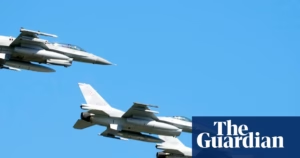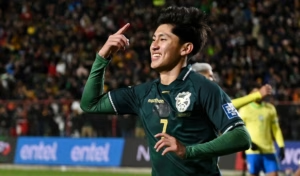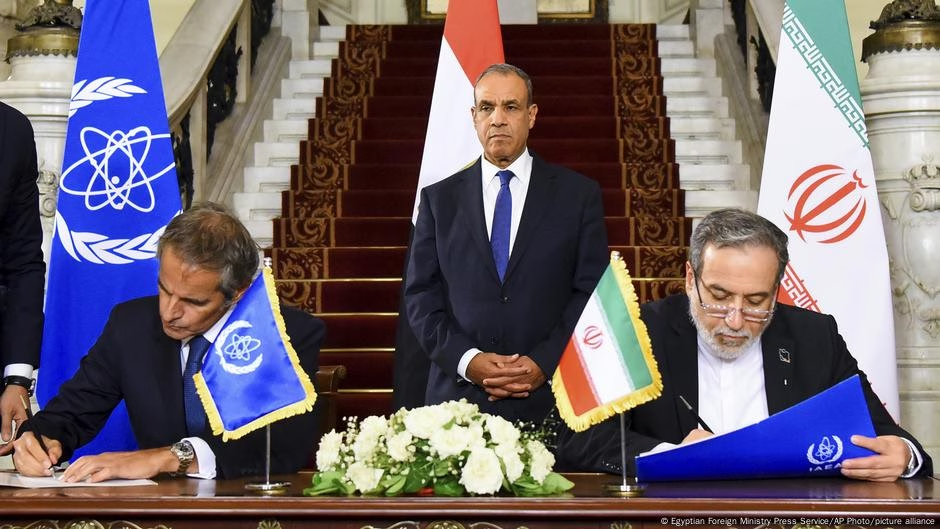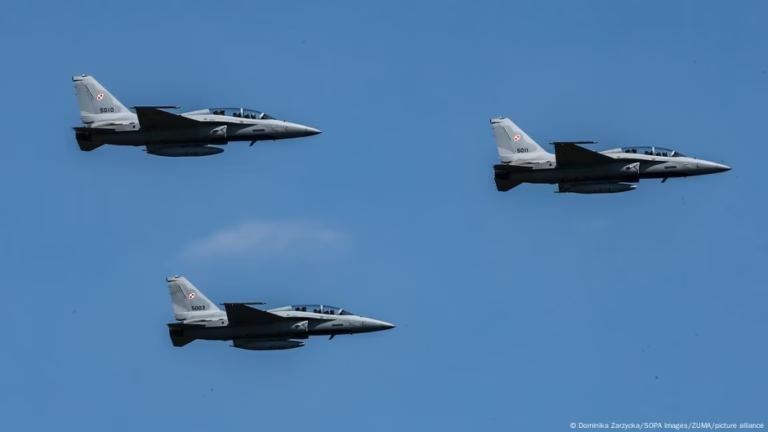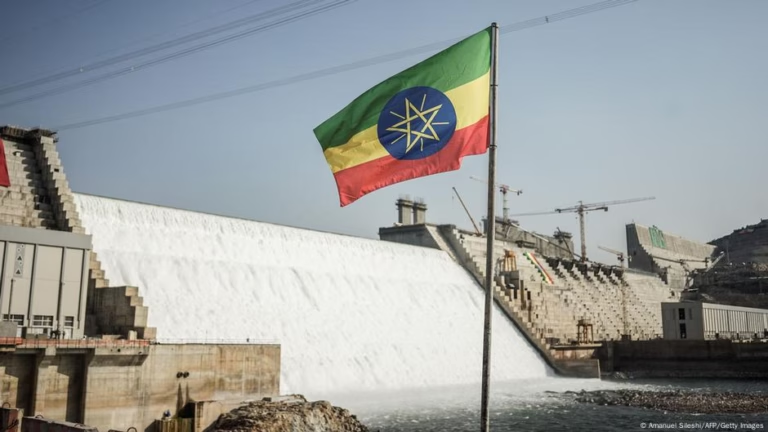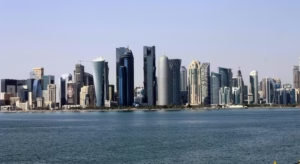The agreement was announced following a meeting in Cairo between Iran’s Foreign Minister Abbas Araghchi and IAEA Director General Rafael Grossi, with Egypt’s Foreign Minister Badr Abdelatty mediating the meeting.
What Details Have Been Revealed About the Agreement?
Grossi described the deal as “a step in the right direction” at a joint news conference, emphasizing its technical nature and the essential work of inspections in Iran under the Nuclear Non-Proliferation Treaty.
Further details about the agreement have not been released.
Foreign Minister Araghchi informed reporters that the deal addresses Iran’s security concerns and presents technical requirements for collaboration with the IAEA, but warned that any hostile actions against Iran, including reimposing UN sanctions, would lead to the termination of the agreement.
Egypt’s Foreign Minister Abdelatty emphasized the need for commitment from all parties to the agreement.
The agreement comes amid a new threat of sanctions against Iran
The IAEA’s negotiations with Iran follow a sensitive period, as in late August, Germany, France, and the United Kingdom initiated a 30-day process to reinstate sanctions on Iran due to non-compliance with a 2015 agreement aimed at preventing nuclear weapon development.
Although Iran maintains its nuclear program serves peaceful purposes, Western countries suspect the government of seeking an atomic weapon.
In July, Iran halted cooperation with IAEA inspectors after key nuclear facilities were targeted by Israel and the United States in June.
The UN agency has been in discussions with Iranian officials to restart inspections, particularly concerning more than 400 kilograms of uranium that the IAEA maintains has been enriched to nearly weapons-grade level. Iran has not informed the agency of the material’s location or its state following the attacks.
The sole site inspected by the IAEA since the conflict has been the Bushehr Nuclear Power Plant, which operates with Russian technical support.
“Today’s agreement for restarting inspections of Iran’s nuclear facilities could mark a crucial step for nuclear diplomacy, pending rapid action by Iran,” EU foreign policy chief Kaja Kallas stated in a post on X late Tuesday.
Edited by: Rana Taha
